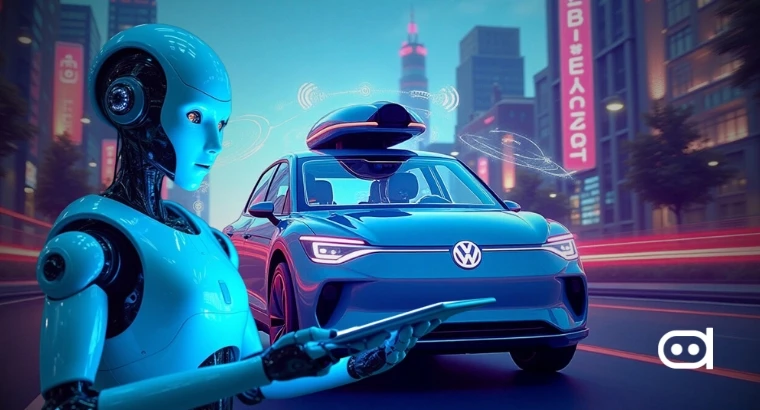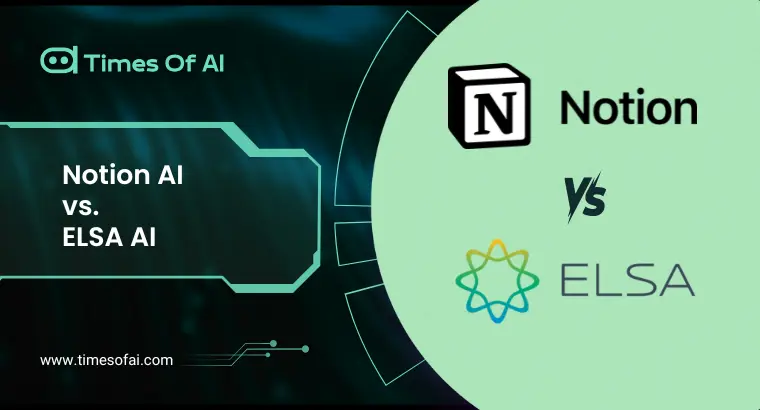
AI is presently expected to generate a remarkable $15.7 trillion, with $1.2 trillion potentially going to Africa. The Economic Commission for Africa (ECA) Executive Secretary Vera Songwe, the UN Under-Secretary-General, stated that if Africa can capture even 10% of the rapidly expanding AI market—which is expected to reach USD$15.7 trillion by 2030—it could boost its economy by an astounding USD$1.5 trillion.
A few significant factors are fueling AI’s rapid development. Data availability, machine learning algorithm advancements, computational capacity, research and investment, industry acceptance, automation and efficiency, and personalization and customization are a few of them.
Artificial intelligence (AI) algorithms require vast amounts of data to learn from and make decisions based on. This data comes from various sources, including sensors, social media, and linked devices.
Deep learning and other machine learning breakthroughs have significantly increased the efficiency of AI systems in tasks like image recognition and natural language processing, among others.
The forecasted surge in the global AI market represents a monumental leap from its current valuation, underscoring the rapid pace of technological advancement and adoption. Businesses across industries increasingly integrate AI-driven solutions into their operations, positioning the market for exponential expansion and transformative implications for the global economy.
Several factors contribute to the meteoric rise of the AI market, including advancements in machine learning algorithms, increased computing power, and the proliferation of big data. Additionally, rising demand for automation, predictive analytics, and personalized customer experiences fuels the adoption of AI technologies across sectors such as healthcare, finance, manufacturing, retail, and automotive.
The healthcare industry is a significant driver of AI market growth, with applications ranging from disease diagnosis and drug discovery to patient care and operational efficiency. Similarly, the finance sector leverages AI for fraud detection, risk assessment, algorithmic trading, and customer service automation. In manufacturing, AI-enabled robotics and predictive maintenance revolutionize production processes, while retail benefits from AI-powered inventory management and personalized marketing strategies.
The projected expansion of the global AI market holds profound implications for industries worldwide, unlocking new opportunities for innovation, efficiency gains, and competitive advantage. Businesses harnessing AI technologies’ power to optimize processes, enhance decision-making, and drive revenue growth. Moreover, AI-driven solutions have the potential to address pressing societal challenges, such as healthcare access, environmental sustainability, and economic inequality.
Despite the promising outlook, the widespread adoption of AI technologies is not without challenges. Concerns around data privacy, algorithm bias, ethical considerations, and job displacement underscore the need for responsible AI development and governance frameworks. It will be critical to address these obstacles in order to ensure that the advantages of AI are distributed fairly and that any potential dangers are minimized.
The projected surge in the global AI market to $15.7 trillion signals a new era of technological innovation and transformation across industries. The global economy is poised for significant evolution as businesses embrace AI-driven solutions to drive efficiency, innovation, and competitiveness. However, realizing the full potential of AI requires addressing ethical, regulatory, and societal considerations to ensure that AI technologies benefit humanity as a whole.





